Coeliac disease may cause iron deficiency
By Margaret Jasinska
Iron deficiency is common, particularly in women. Women are more susceptible if they menstruate each month, particularly if they experience heavy bleeding. Pregnancy and breastfeeding can also deplete a woman’s body of iron, and some women who have several children in succession never fully recover their iron stores.
The most common symptoms of anaemia include:
- fatigue
- shortness of breath (particularly on exertion)
- intolerance to cold weather
- low body temperature
- cold hands and feet
- tinnitus, dizziness
- feeling weak
- restless legs syndrome
Other things besides iron deficiency can cause anaemia, but low iron is one of the most common causes. Iron is critical for the production of haemoglobin, which is found in red blood cells and carries oxygen to all your organs and tissues.
So if you can’t make enough haemoglobin, not enough oxygen travels around your bloodstream.
People generally become iron deficient for one of three reasons:
- They don’t consume enough iron (eg. Vegetarian or vegan diets, or diets high in processed foods).
- They are losing iron from somewhere (eg. Heavy menstrual bleeding, bleeding fibroids, bleeding bowel polyps or a bleeding ulcer).
- They do not absorb the iron they are consuming (eg. Because of an inflamed digestive tract or because of the consumption of foods that inhibit iron absorption such as milk and wheat).
Iron deficiency should always be thoroughly investigated. Even if a woman is known to have heavy menstrual bleeding, it’s always good to rule out other potential causes.
Coeliac disease should always be considered a potential cause of iron deficiency. Once thought to be quite rare, the latest research has shown that approximately 1 in 60 Australian women and 1 in 80 Australian men have coeliac disease.
That’s a lot of people!
Coeliac disease is an autoimmune disease where the lining of the small intestine becomes inflamed and damaged whenever gluten is consumed. Having an inflamed intestine means you won’t be able to absorb any nutrients well, therefore coeliacs are usually deficient in a range of nutrients. Iron deficiency is easy and inexpensive to diagnose, therefore it’s often the first indicator of a problem. If you suspect you may have coeliac disease it’s important to see your doctor for a diagnosis.
Interestingly, even if you don’t have coeliac disease, it’s not a good idea to consume a lot of wheat. Wheat is high in a type of fibre called phytic acid, which binds with iron and reduces its absorption. All grains contain varying amounts of phytic acid. Milk can cause similar problems because the calcium in milk can inhibit iron absorption. Therefore the best foods to consume to boost your iron intake include red meat, liver, eggs, poultry, seafood and green leafy vegetables.
Vitamin C improves iron absorption; therefore it’s a good idea to consume plenty of vegetables and fruits along with animal protein. It is possible to obtain adequate iron on a vegetarian or vegan diet for some people, but it’s a lot more difficult.
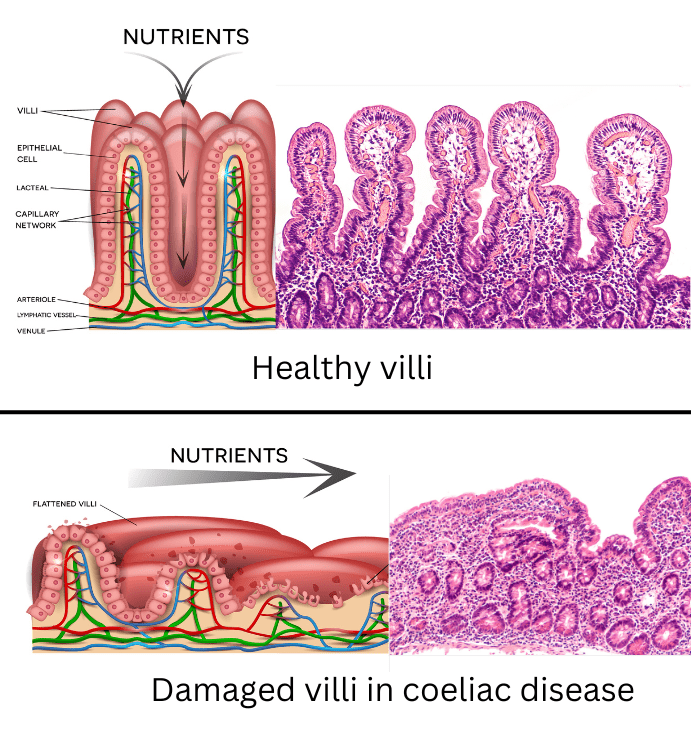
For more information about gluten and coeliac disease, see our books Gluten: Is it making you sick or fat and Healing Autoimmune Disease: A plan to help your immune system and reduce inflammation.


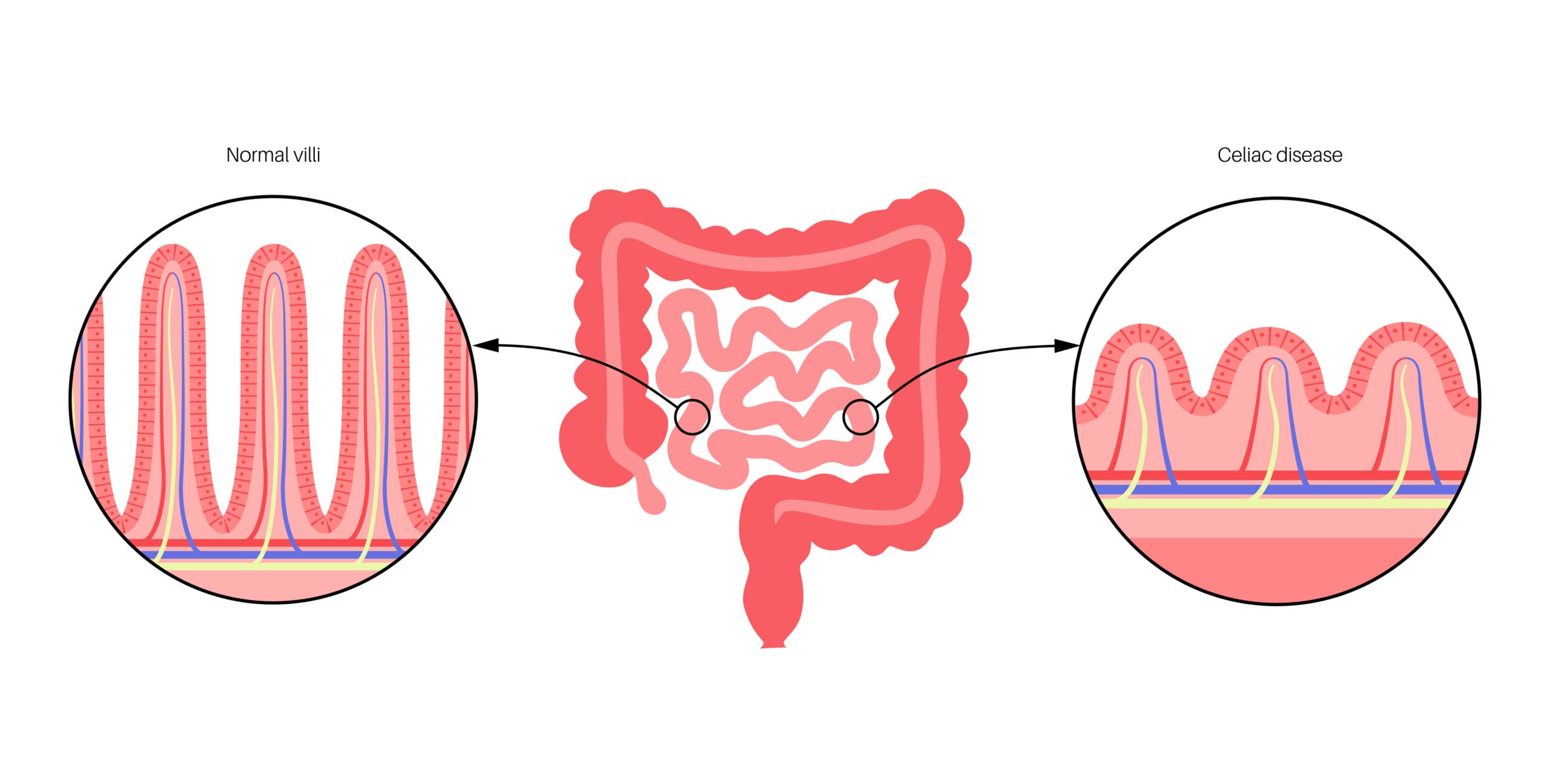

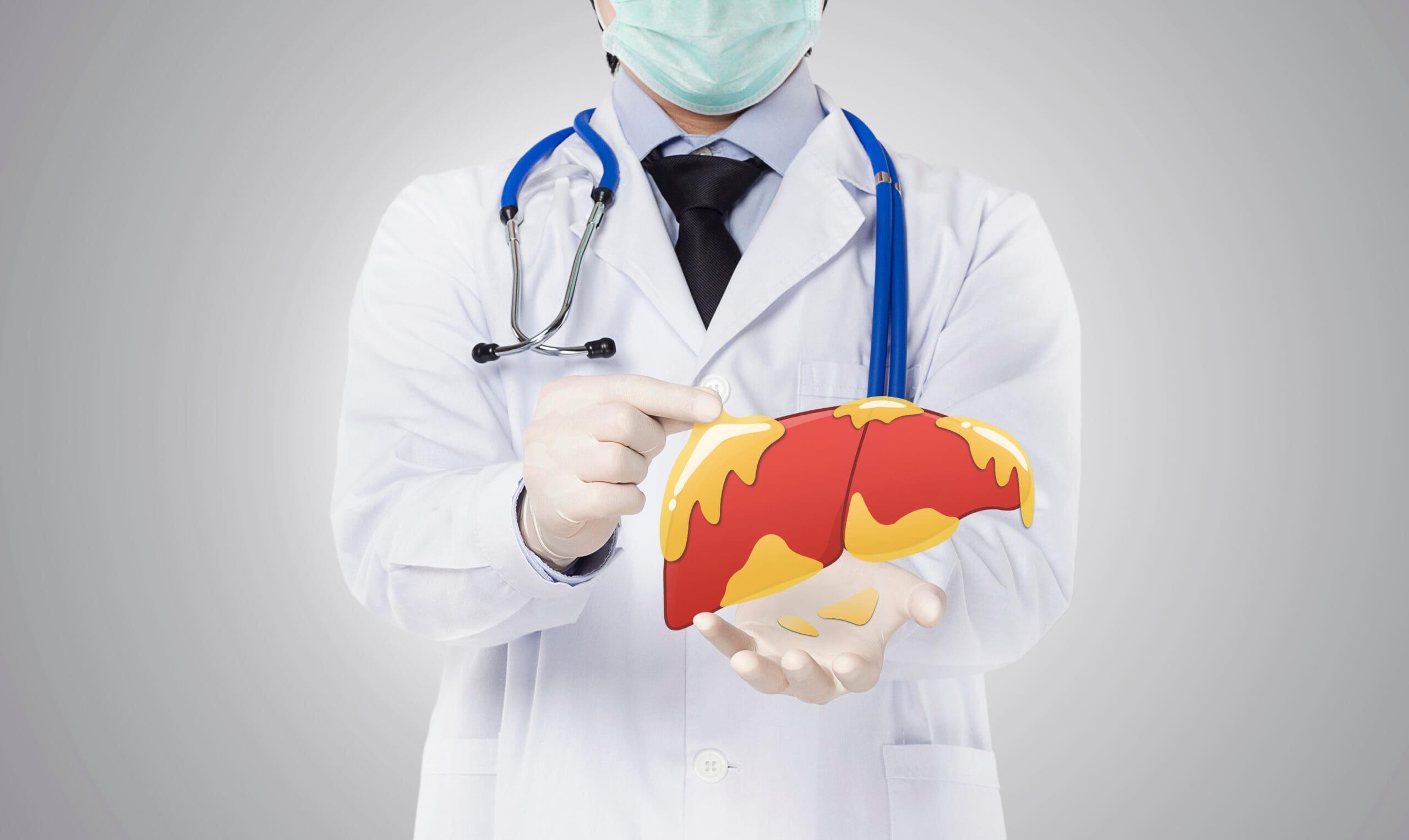
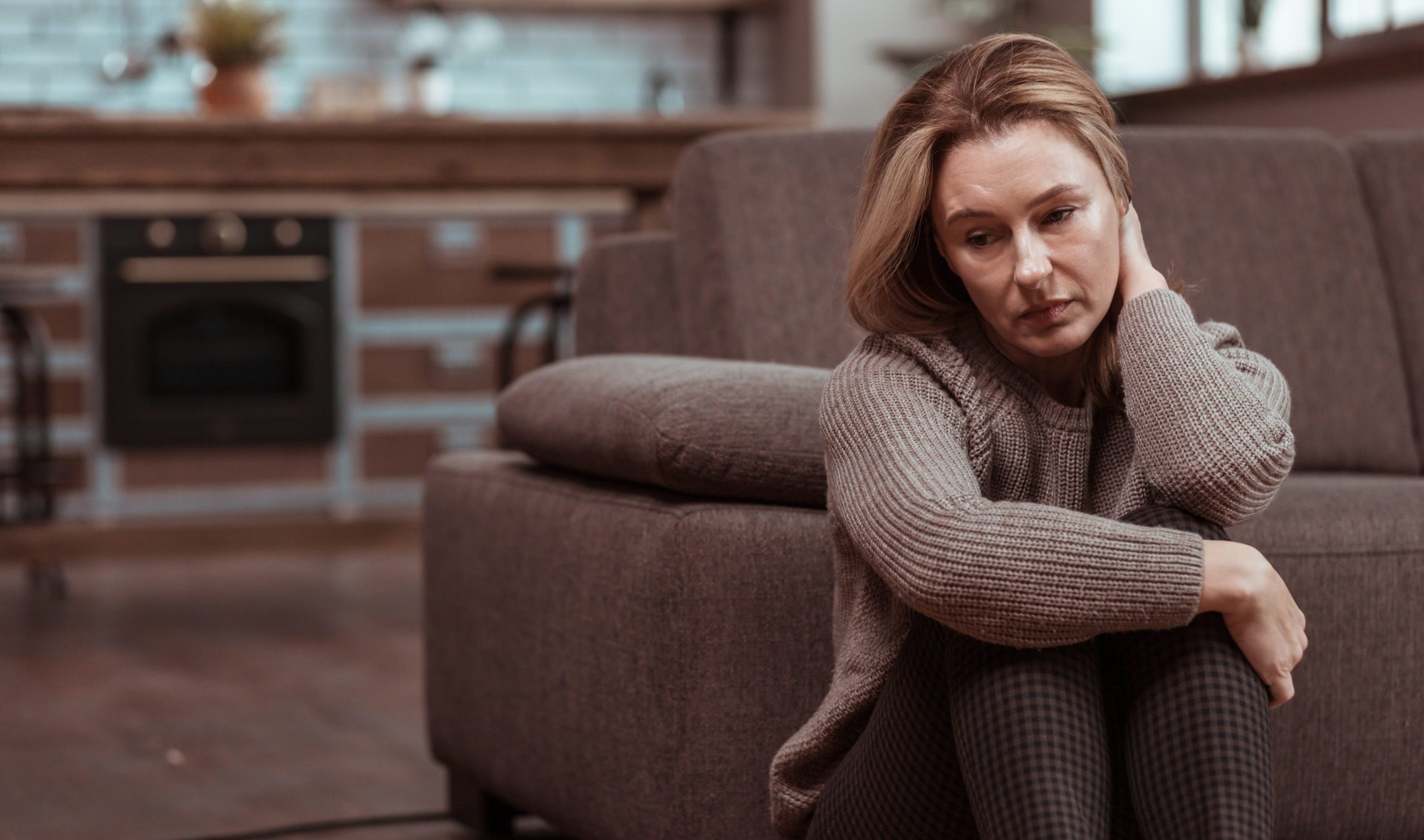
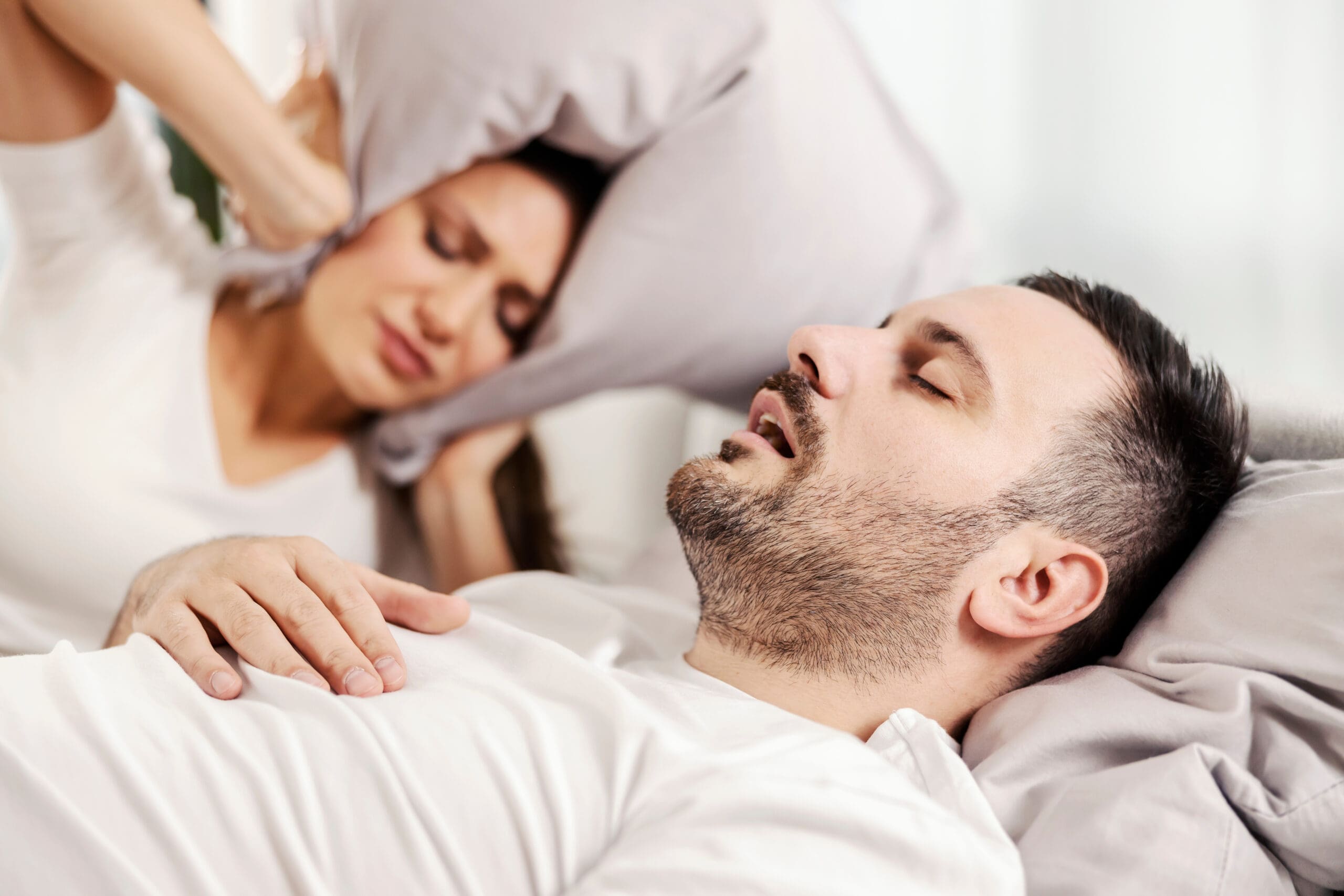
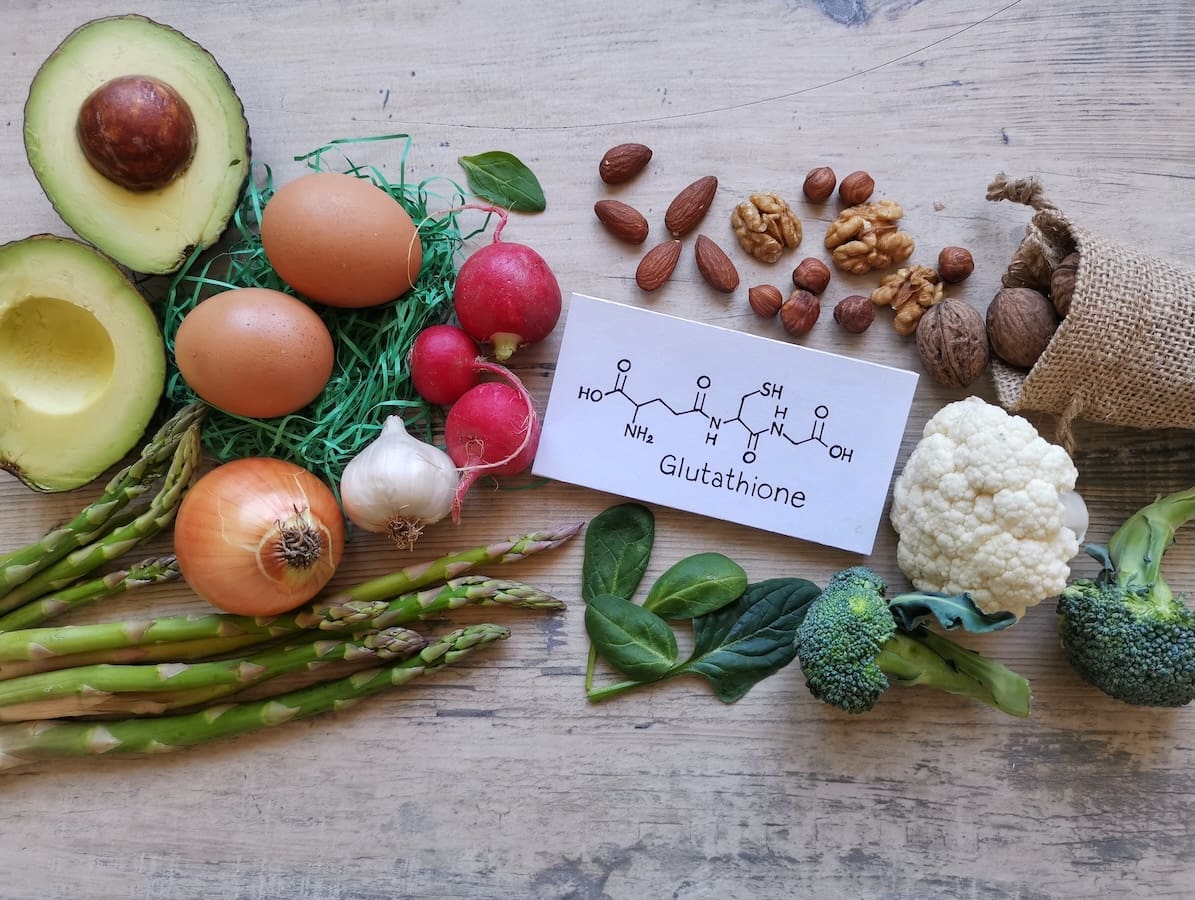
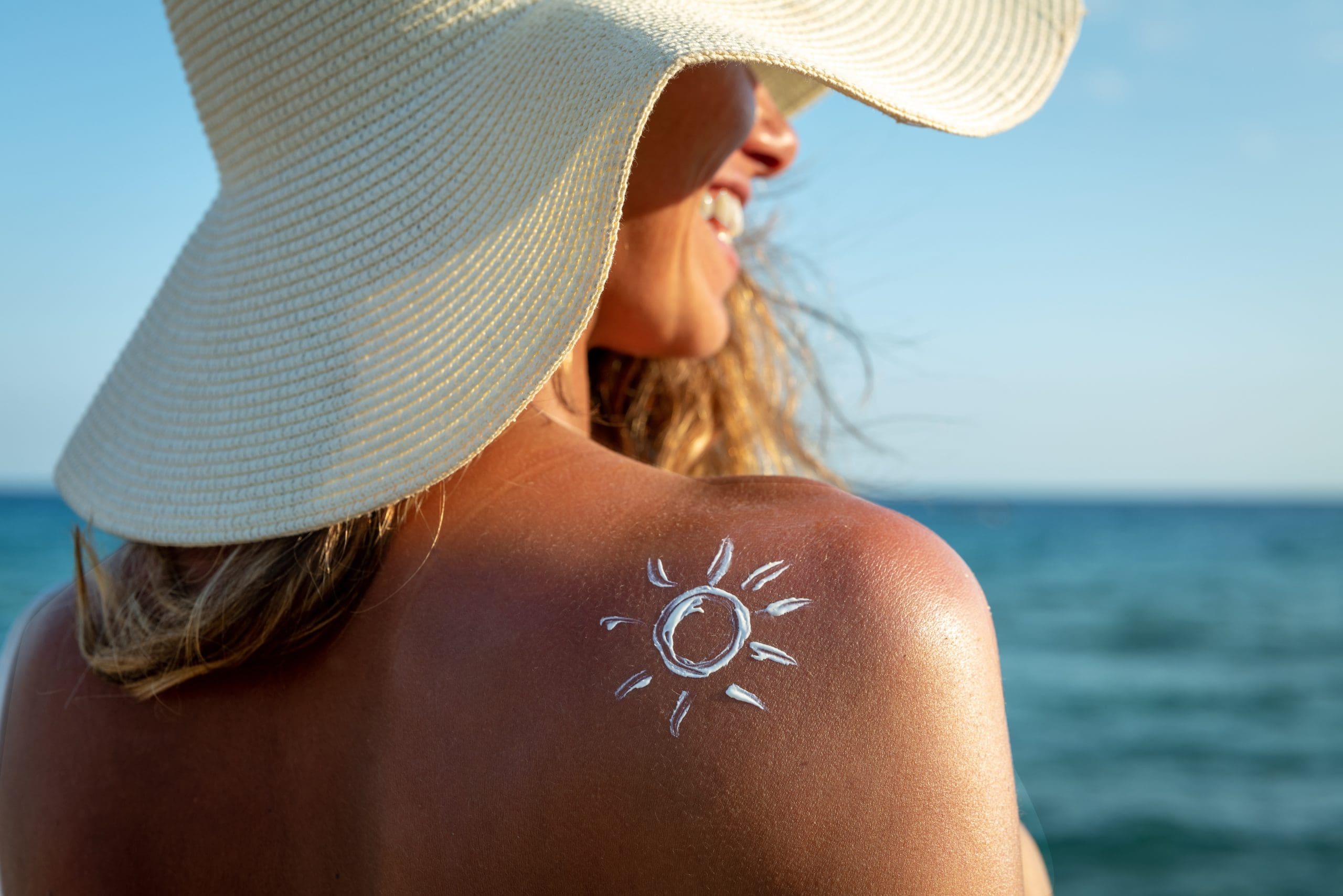
Leave A Comment